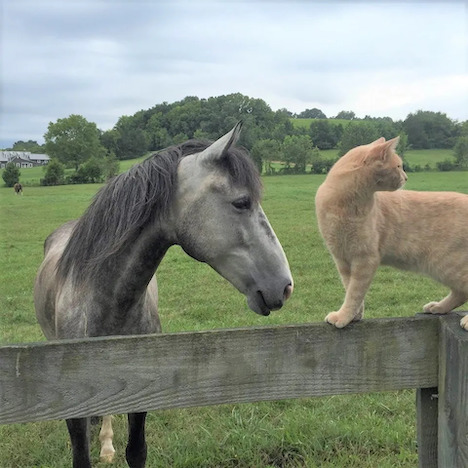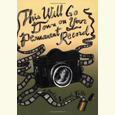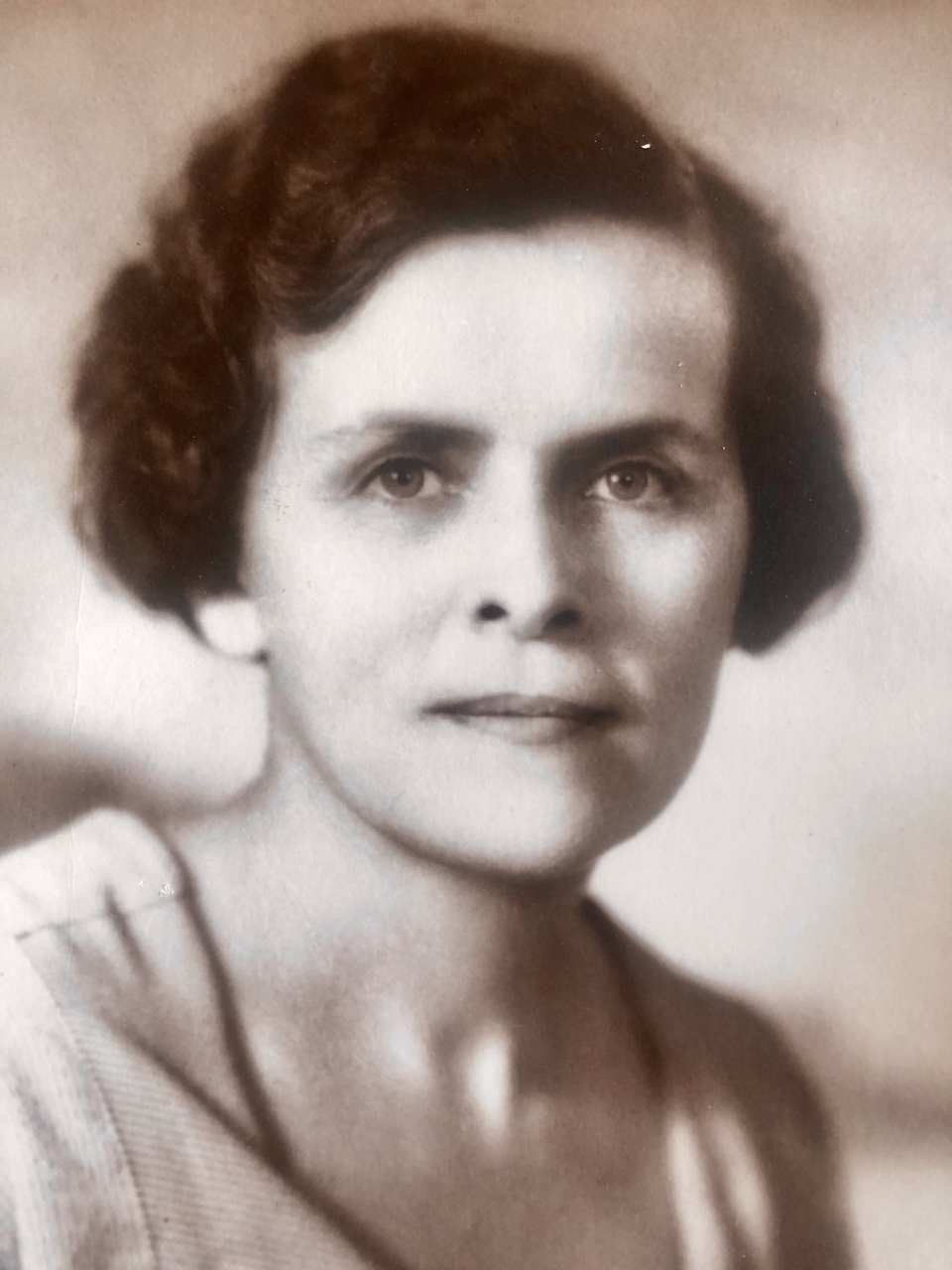An Old Friend
Pandemic cleaning yields a gift
There was a time when typewriters were considered cold, soulless machines. Then came computers, and our view of typewriters changed.
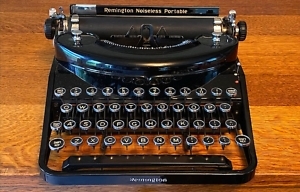 These days they seem quaint, even friendly. Clattering pleasantly, they press ink against paper, forming letters and words in a charmingly old-fashioned way. The letters aren’t perfect; in fact, they’re different on each machine, like a signature.
These days they seem quaint, even friendly. Clattering pleasantly, they press ink against paper, forming letters and words in a charmingly old-fashioned way. The letters aren’t perfect; in fact, they’re different on each machine, like a signature.
Typewriters are so quaint that people have started using them for personal notes. When Tom Hanks composes a thank-you letter, he doesn’t send an email. He doesn’t use a pen. He types it, on one of several hundred typewriters he has collected over the years.
I don’t have several hundred. I have just one, or did.
Cousin Minnie gave it to me. She was a retired language teacher who spoke French, Spanish, and Esperanto, an invented language that was designed to promote international communication and cooperation, and she used it to make friends around the world.
We had moved to California when I was a kid, and when we arrived, Cousin Minnie was waiting for us with her tales of international travel. For the holidays she would bring exotic breads — papaya, zucchini, mango — and one Christmas she brought something else.
It was her typewriter, a gleaming 1939 Remington Noiseless Portable, complete with the original case and instruction manual. Knowing I wanted to be a writer, she gave it to me. It was unmistakably hers, because it had special keys for foreign accents and symbols.
I didn’t use it at first; I’m not sure why. It was in perfect condition, and maybe I didn’t want to mess it up. So I got a big, heavy Olympia and used that instead. I liked writing at night after work, and one evening in our condo when I was pounding away on the Olympia, a mother next door came by and said my typing was disturbing her baby’s sleep. Could I stop?
Stop writing? Uh, no.
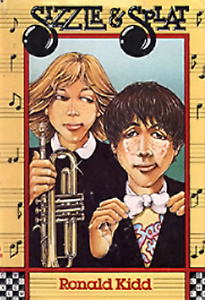 Then I remembered Cousin Minnie’s typewriter: a Remington Noiseless Portable. Sure enough, when I brought it out and typed, the strokes were strong and silent. Kind of like how I wanted to be.
Then I remembered Cousin Minnie’s typewriter: a Remington Noiseless Portable. Sure enough, when I brought it out and typed, the strokes were strong and silent. Kind of like how I wanted to be.
Starting that night, I used the Remington. I wrote a couple of my early novels on it, including Sizzle & Splat, then finally moved on when I discovered the word processor and, later, the computer. I packed the Remington into a box and stashed it in a succession of attics — in Altadena, Pasadena, and finally Nashville.
Somewhere in our most recent move, I lost it. I searched repeatedly, more frantic each time, until I resigned myself to the idea that it was gone — misplaced in a move, maybe even discarded accidentally.
Recently, looking for projects in the pandemic, I decided to clean out the attic. I began with an inventory of the place. There, stuck off in a corner, beneath some old cassette tapes, I found a box labeled Typewriter.
Barely daring to breathe, I brought the box downstairs. I unsealed it and clicked open the dusty case. And there was the Remington, gleaming like the day Cousin Minnie had presented it to me.
It’s not going back to the attic. I’ll keep it in my office, and I will use it. Maybe, following the example of Tom Hanks, I’ll type informal notes — shorter than letters, more substantial than emails, written with honest-to-goodness ink.
Cousin Minnie, long gone, would be pleased. Her typewriter still works great. And yes, in case that long-ago neighbor happens to be reading this, it’s still noiseless.

Copyright © 2021 by Ronald Kidd. All rights reserved. Ronald Kidd is the author of plays, librettos, and 14 books for young readers, including 3 historical novels set in Tennessee. He lives in Nashville with his wife, Yvonne. Information and newsletter signup at www.ronaldkidd.com.
